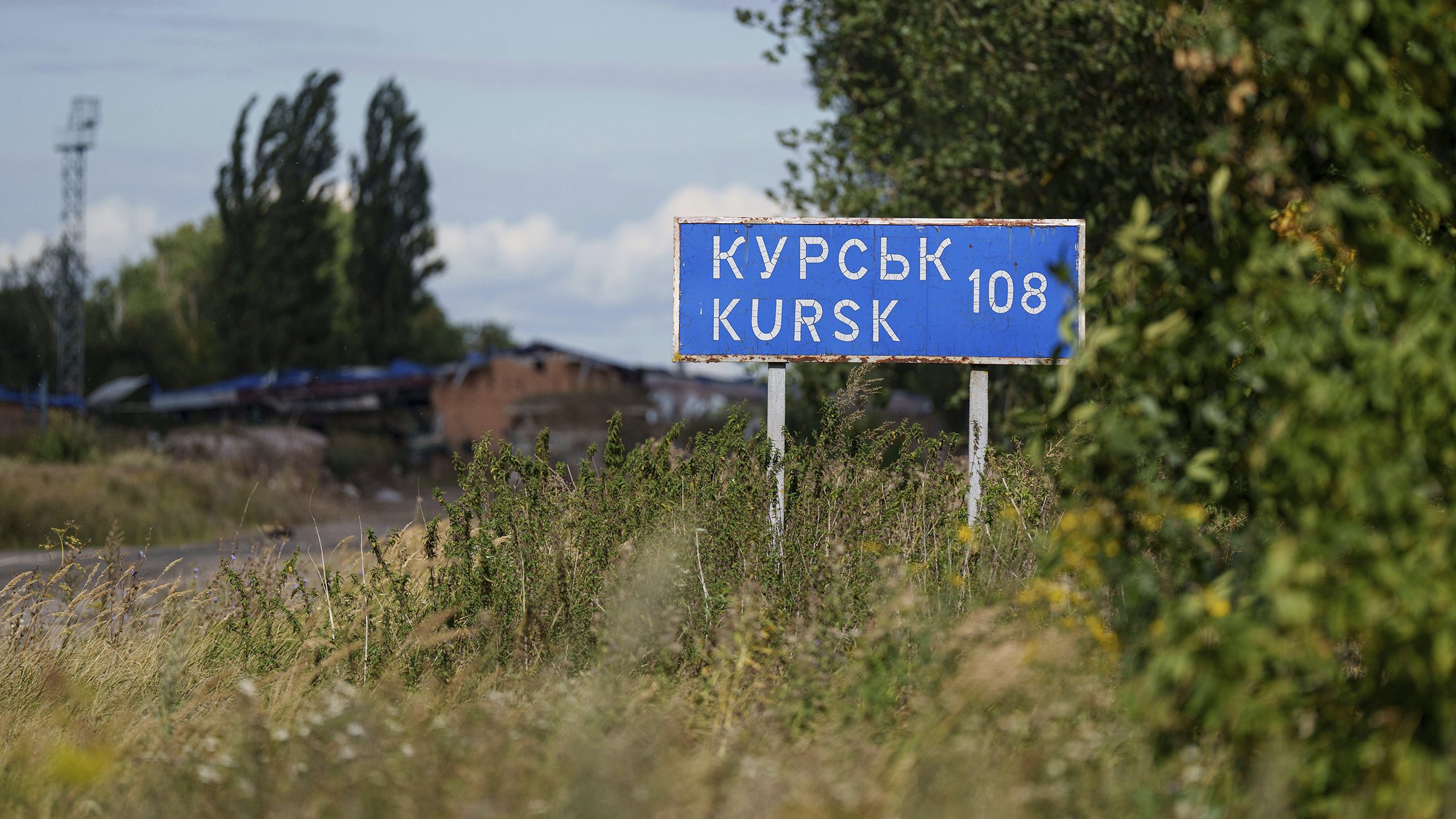The Armed Forces of Ukraine's operation in the Kursk region of the Russian Federation has been going on for two weeks. Currently, a military commandant's office has been set up there and plans are underway to set up a humanitarian corridor for the evacuation of residents. This raises questions about how these actions should be qualified and what obligations the Armed Forces have to the local population.
Suspilne News gathered answers to these questions from lawyers and experts in international humanitarian law, including organisations that are members of the Ukraine. Five in the Morning" Coalition - Natalia Hendel, an expert at the Foundation for Support of Basic Research, and Kateryna Rashevska, a lawyer at the Regional Centre for Human Rights.
The war was started by Russia. Ukraine, according to Article 51 of the UN Charter, has the right to defend itself and decides for itself whether it should be done on its own territory or in the aggressor country. Therefore, the advance of the Armed Forces of Ukraine in the Kursk region is completely legal. Mark Ellis, an expert in international law and executive director of the International Bar Association, emphasises this.
According to him, the Kursk region is one of the regions from where Russia strikes at Ukraine. This justifies Ukraine's focus on this region. Ukraine's actions are in line with international law - it is self-defence.
In the discussion of whether it is correct to use the term control or occupation in relation to the events in the Kursk region, Natalia Hendel notes that, from the point of view of IHL, occupation can be lawful and unlawful. "Illegal occupation is what the Russian Federation has been doing since 2014. It concerns the occupation of Crimea and the eastern regions of Ukraine. This occupation is a consequence of aggression, a violation of peremptory norms of international law, such as the territorial integrity of Ukraine. We can understand what a legitimate occupation is by using an example: after World War II, the territory of Nazi Germany was occupied and divided into control zones. The object of occupation was the aggressor state, which violated international law."
Kateryna Rashevska notes that the occupation itself is not a violation of international law: "This is a factual situation in which there is a certain set of norms, rights and obligations. We have a negative attitude towards the occupation regime because of the actions of the Russian Federation, for which the occupation and the observance of the Status quo ante bellum ("the situation that existed before the war") were nothing, and its main goal was the annexation of Ukrainian territories. The Ukrainian Armed Forces do not pursue such a goal".
Regarding the creation of a so-called "security zone" (or "buffer zone") in the territories of the Kursk region controlled by the Ukrainian armed forces, Natalia Hendel argues that such security zones are provided for by international humanitarian law. They are needed to minimise harm to civilians due to hostilities.
However, in order to create such zones in accordance with international legal norms, there must be an agreement with the Russian side. "We understand that Russia is unlikely to agree. This means that Ukraine unilaterally undertakes to guarantee the safety of the locals. But this does not mean that Russia will not shell this territory and will not expose its own population to danger and risks," says Kateryna Rashevska.
Regarding Ukraine's obligations to civilians in the Kursk region, according to Natalia Hendel, attention should be paid to vulnerable categories, such as women, including women in labour and pregnant women, children, the elderly and people with disabilities. Civilians must be guaranteed access to food, water, and medicine. Ukraine must also ensure the functioning of the medical and educational systems and sanitary conditions, i.e. everything that will enable the population to survive the armed conflict.



